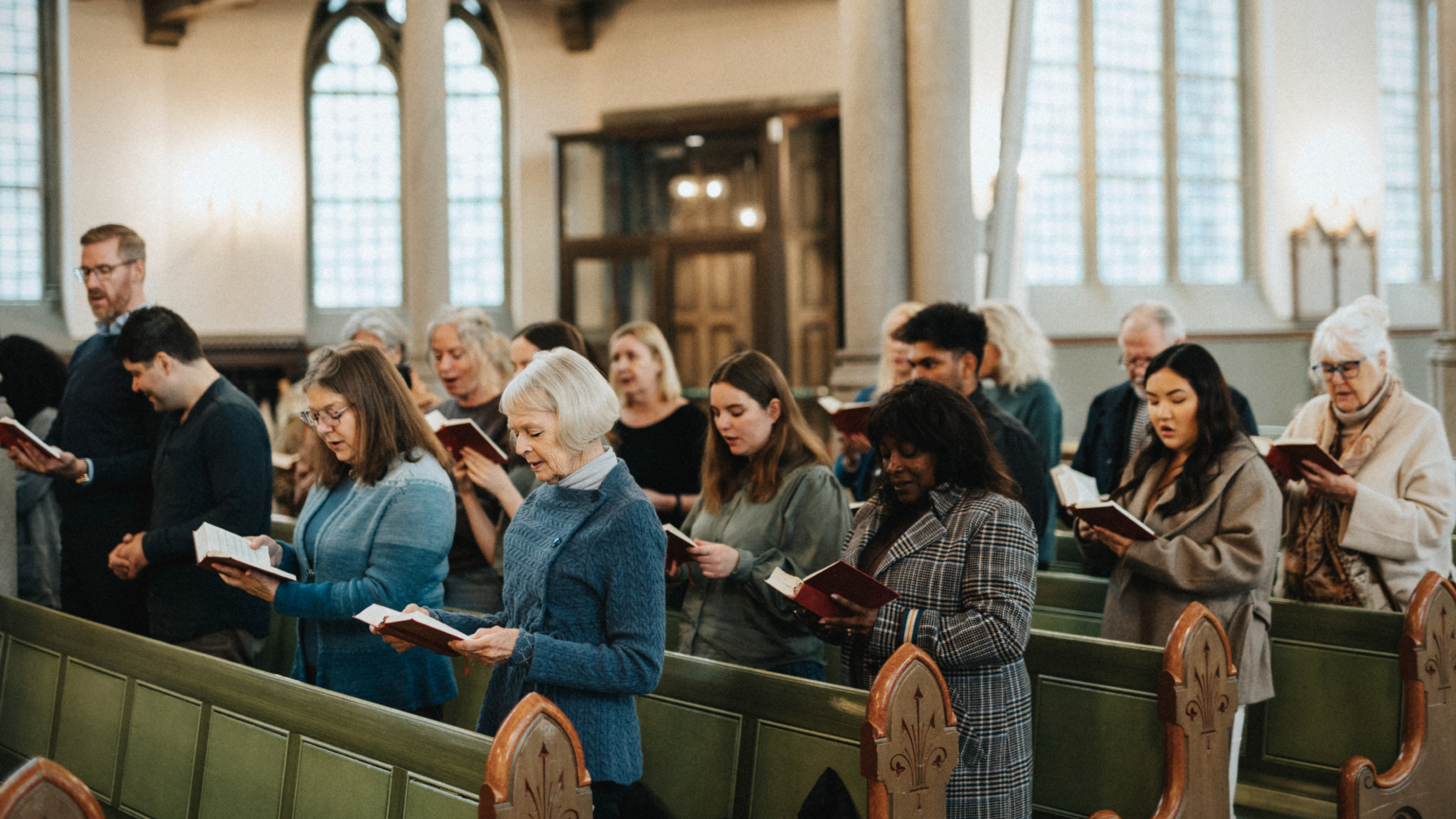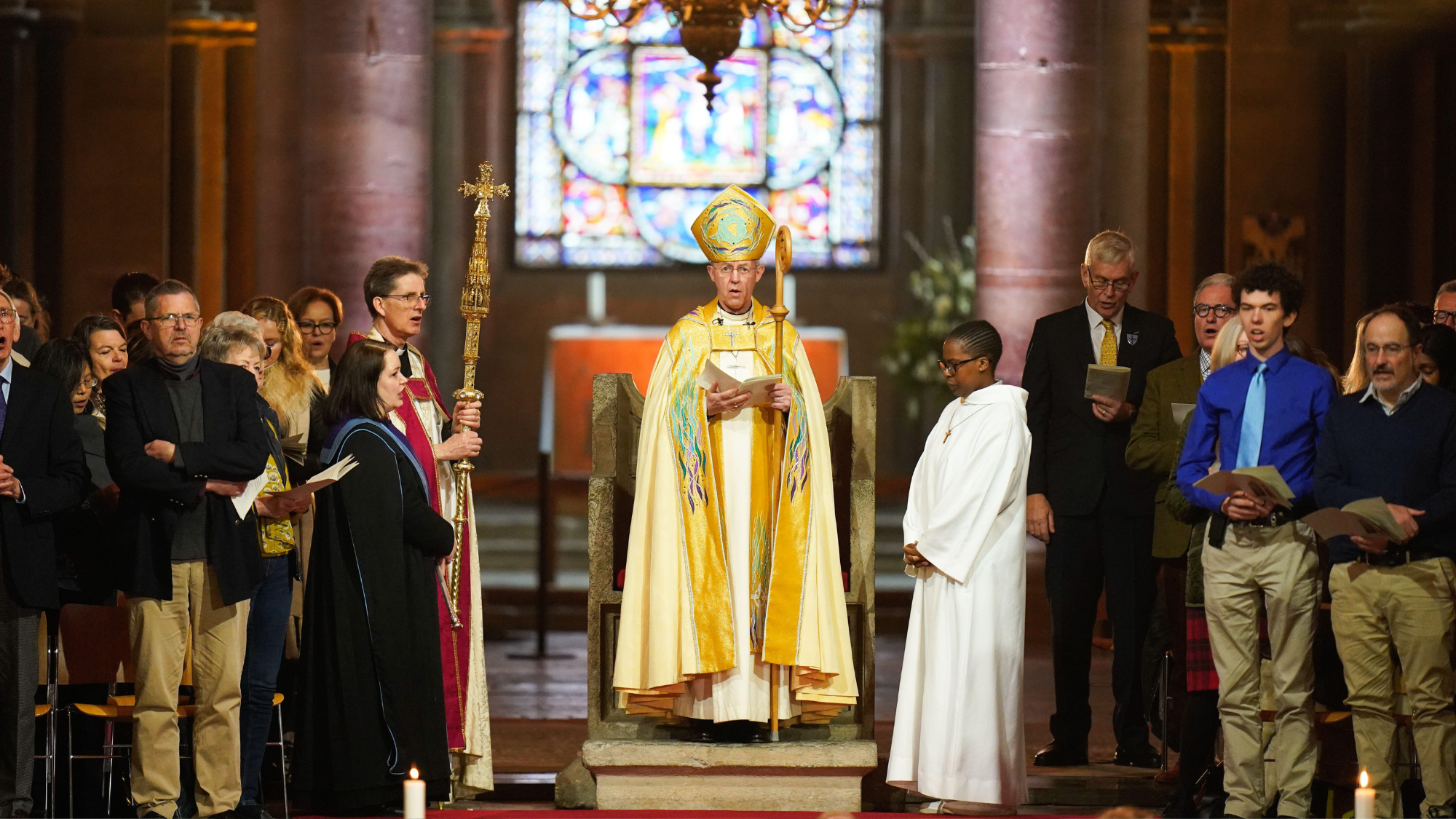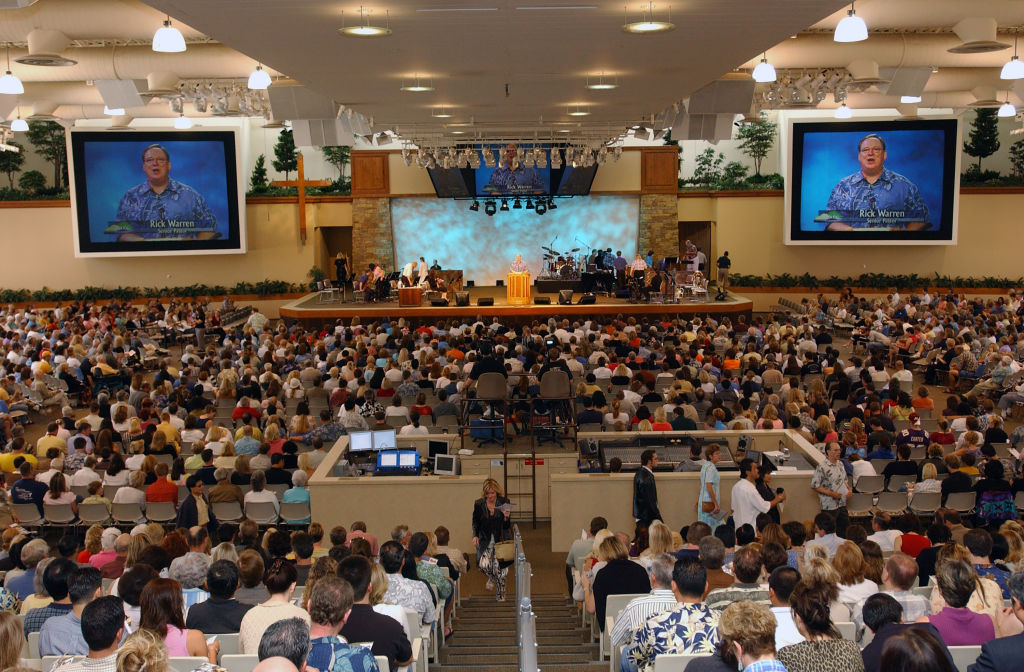Hidden Bible chapter found after 1,500 years
New text offers a ‘unique gateway’ into early translations of the Bible, researchers say

A free daily email with the biggest news stories of the day – and the best features from TheWeek.com
You are now subscribed
Your newsletter sign-up was successful
Nearly 1,500 years after it was first written, a “hidden chapter” of Biblical text has been found by researchers.
The study, which was published in the journal New Testament Studies, claims that the missing section constitutes one of the oldest translations of the Gospels.
Scientists used ultraviolet photography to find the chapter beneath three layers of text on a manuscript that had been housed in the Vatican Library for centuries, The Independent reported.
The Week
Escape your echo chamber. Get the facts behind the news, plus analysis from multiple perspectives.

Sign up for The Week's Free Newsletters
From our morning news briefing to a weekly Good News Newsletter, get the best of The Week delivered directly to your inbox.
From our morning news briefing to a weekly Good News Newsletter, get the best of The Week delivered directly to your inbox.
According to researchers, the hidden text is an interpretation of the Bible’s Matthew chapter 12, which was first transcribed as a part of the Old Syriac translations around 1,500 years ago.
Due to the shortage of parchment in ancient Palestine a few centuries later, the original translation of the Biblical New Testament was mostly erased when the parchment was reused. “This was a common practice because the paper made from animal skin was scarce and needed to be reused,” the Daily Mail said.
Those hoping for fresh spiritual insight from the hidden text may be disappointed, but the discovery does offer a “unique gateway” into the early translations of the Bible, said Grigory Kessel from the Austrian Academy of Sciences, who made the discovery.
The text also offers a glimpse into how translations can subtly change a text. For instance, the original Greek of Matthew chapter 12 verse 1 says: “At that time Jesus went through the grainfields on the Sabbath; and his disciples became hungry and began to pick the heads of grain and eat.” The Syriac translation, meanwhile, says, “...began to pick the heads of grain, rub them in their hands, and eat them.”
A free daily email with the biggest news stories of the day – and the best features from TheWeek.com
The other critical aspect of the discovery is that it demonstrates how new technology can improve our understanding of ancient writing, said Professor Claudia Rapp, director of the Institute for Medieval Research at the Austrian Academy of Sciences.
“This discovery proves how productive and important the interplay between modern digital technologies and basic research can be when dealing with mediaeval manuscripts,” Rapp said.
Arion McNicoll is a freelance writer at The Week Digital and was previously the UK website’s editor. He has also held senior editorial roles at CNN, The Times and The Sunday Times. Along with his writing work, he co-hosts “Today in History with The Retrospectors”, Rethink Audio’s flagship daily podcast, and is a regular panellist (and occasional stand-in host) on “The Week Unwrapped”. He is also a judge for The Publisher Podcast Awards.
-
 How the FCC’s ‘equal time’ rule works
How the FCC’s ‘equal time’ rule worksIn the Spotlight The law is at the heart of the Colbert-CBS conflict
-
 What is the endgame in the DHS shutdown?
What is the endgame in the DHS shutdown?Today’s Big Question Democrats want to rein in ICE’s immigration crackdown
-
 ‘Poor time management isn’t just an inconvenience’
‘Poor time management isn’t just an inconvenience’Instant Opinion Opinion, comment and editorials of the day
-
 Southern Baptists lay out their political road map
Southern Baptists lay out their political road mapThe Explainer The Southern Baptist Convention held major votes on same-sex marriage, pornography and more
-
 Southern Baptists endorse gay marriage ban
Southern Baptists endorse gay marriage banSpeed Read The largest US Protestant denomination voted to ban same-sex marriage and pornography at their national meeting
-
 Millions mourn as Vatican prepares for transition
Millions mourn as Vatican prepares for transitionFeature Pope Francis, the pontiff who challenged tradition, leaves the Catholic Church at a crossroad to choose his successor
-
 Christian dramas are having a moment
Christian dramas are having a momentUnder The Radar Biblical stories are being retold as 'bingeable' seven-season shows
-
 US Christianity's long decline has halted, Pew finds
US Christianity's long decline has halted, Pew findsSpeed Read 62% of Americans call themselves Christian, a population that has been 'relatively stable' for the past five years
-
 The Church of England's legacy of slavery
The Church of England's legacy of slaveryThe Explainer Should the CofE offer financial redress for its involvement in the transatlantic slave trade?
-
 Southern Baptists expel Saddleback, 2nd church over female pastors, approve further clampdown
Southern Baptists expel Saddleback, 2nd church over female pastors, approve further clampdownSpeed Read
-
 Southern Baptists expel Saddleback, 4 other churches over women pastors
Southern Baptists expel Saddleback, 4 other churches over women pastorsSpeed Read